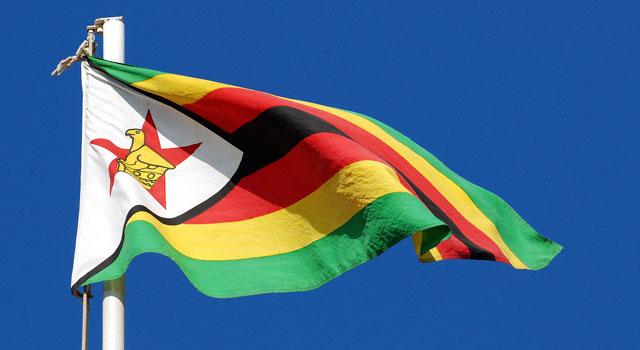News / National
Zimbabwe ranks top on misgovernance
20 Sep 2024 at 07:01hrs |
0 Views

Zimbabwe has been highlighted for all the wrong reasons, with three research think-tanks ranking the country as the worst in governance, corruption, and human rights violations. A recent report by World Economics, a London-based research organization, gave Zimbabwe a Grade "E" based on its performance across crucial governance metrics.
The report evaluates governance using four key criteria: corruption perception, rule of law, press freedom, and political rights. Zimbabwe scored an overall governance index of just 28.9%, with specific scores of 10.8% for corruption levels, 16.1% for rule of law, 42.9% for press freedom, and 31.0% for political rights.
In contrast, countries like Botswana, South Africa, Namibia, and Ghana achieved significantly higher ratings, earning a Grade "B," which indicates good governance.
Additionally, the 2024 report by Rand Merchant Bank on investment destinations placed Zimbabwe at the bottom of its list, marking it as the worst place to invest among 31 countries. The country performed poorly across all categories, even ranking lower than war-torn nations like the Democratic Republic of Congo. Its overall governance situation deteriorated slightly from 0.78% in 2023 to 0.80% in 2024.
Under President Emmerson Mnangagwa's administration, the democratic space continues to shrink. A report by Afrobarometer revealed that fewer than 40% of Zimbabweans believe the country operates as a democracy, with many expressing dissatisfaction with how democracy functions.
Afrobarometer, a pan-African, non-partisan survey research network, conducted over 53,000 face-to-face interviews and found that while many African citizens remain committed to democratic ideals, there is a troubling decline in support for democracy throughout the continent. Most respondents rejected non-democratic alternatives, such as military rule.
These findings paint a grim picture of Zimbabwe's governance landscape, raising urgent questions about the future of democracy and human rights in the country.
The report evaluates governance using four key criteria: corruption perception, rule of law, press freedom, and political rights. Zimbabwe scored an overall governance index of just 28.9%, with specific scores of 10.8% for corruption levels, 16.1% for rule of law, 42.9% for press freedom, and 31.0% for political rights.
In contrast, countries like Botswana, South Africa, Namibia, and Ghana achieved significantly higher ratings, earning a Grade "B," which indicates good governance.
Additionally, the 2024 report by Rand Merchant Bank on investment destinations placed Zimbabwe at the bottom of its list, marking it as the worst place to invest among 31 countries. The country performed poorly across all categories, even ranking lower than war-torn nations like the Democratic Republic of Congo. Its overall governance situation deteriorated slightly from 0.78% in 2023 to 0.80% in 2024.
Under President Emmerson Mnangagwa's administration, the democratic space continues to shrink. A report by Afrobarometer revealed that fewer than 40% of Zimbabweans believe the country operates as a democracy, with many expressing dissatisfaction with how democracy functions.
Afrobarometer, a pan-African, non-partisan survey research network, conducted over 53,000 face-to-face interviews and found that while many African citizens remain committed to democratic ideals, there is a troubling decline in support for democracy throughout the continent. Most respondents rejected non-democratic alternatives, such as military rule.
These findings paint a grim picture of Zimbabwe's governance landscape, raising urgent questions about the future of democracy and human rights in the country.
Source - newsday
Join the discussion
Loading comments…









































